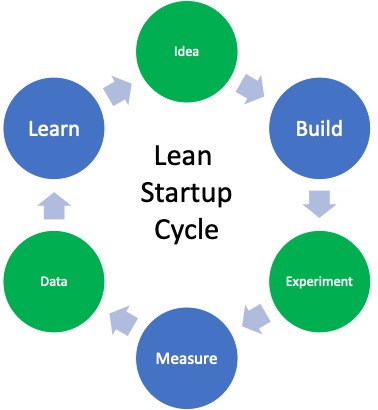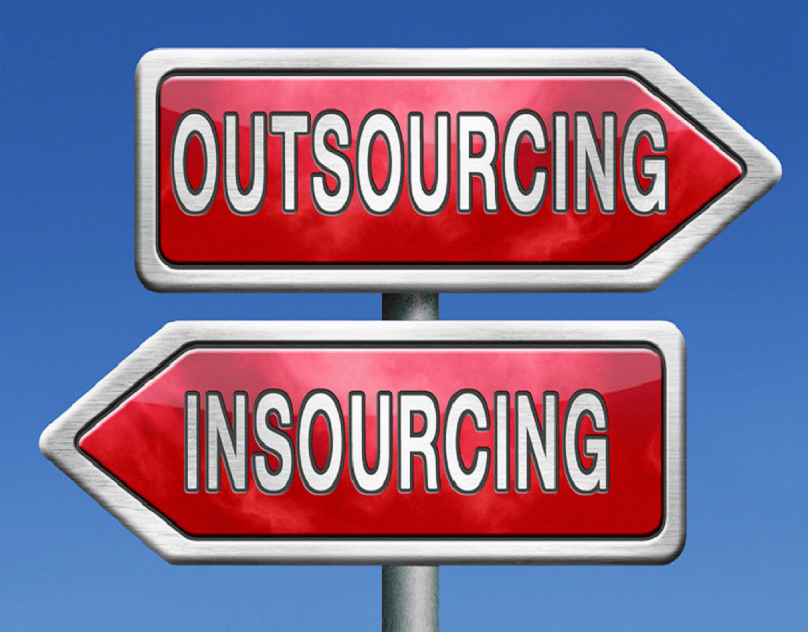Nigeria is one of the largest and fastest-growing e-commerce markets in Africa. With a young, tech-savvy population, growing internet access, and a shift toward digital transactions, Nigeria offers plenty of opportunities for those interested in e-commerce. From fashion and electronics to health products and home essentials, there are countless niches to explore. Here, we’ll look at why Nigeria’s e-commerce scene is booming, what opportunities exist, and how you can enter this vibrant market.
Why E-commerce is Thriving in Nigeria
- Growing Internet Penetration
Over the past few years, internet penetration in Nigeria has steadily increased. Today, millions of Nigerians have access to the internet, making it easier for businesses to reach them online. With more people having smartphones and affordable data plans, online shopping has become more accessible. - Young Population
Nigeria has a large, young population eager to embrace technology and digital shopping experiences. This group is comfortable using social media and e-commerce platforms, and they’re looking for convenience, affordability, and new experiences—factors that e-commerce perfectly caters to. - Rising Middle Class
Nigeria’s economy has been growing, and with it, a middle class has emerged with disposable income. This group is willing to pay for convenience and quality, which provides a strong foundation for e-commerce businesses offering products and services that save time and improve their quality of life. - Changing Consumer Behaviour
Nigerian consumers are increasingly looking to shop online for a wide range of goods, including groceries, electronics, health products, and clothing. This shift in behavior opens up a lot of opportunities for e-commerce players, particularly those who can deliver quickly and provide good customer service.
Key E-commerce Opportunities in Nigeria
- Health and Wellness Products
There is growing awareness about health and wellness in Nigeria, creating a demand for natural health supplements, wellness products, and fitness equipment. People are interested in products that help them look and feel better, manage stress, and maintain their overall well-being. For example, health products like stress-relief capsules, detox teas, and fitness gear are becoming popular. - Fashion and Beauty
Fashion and beauty are major industries in Nigeria, and there’s a strong interest in unique styles and quality products. E-commerce allows Nigerians to explore different fashion trends and buy authentic beauty products from local and international brands. This market includes everything from clothing and accessories to makeup and skincare products. - Electronics and Gadgets
Nigerians love technology, and there’s always a demand for the latest gadgets. Smartphones, laptops, headphones, and other electronics are widely sought after, especially as more people work and learn remotely. This sector requires trustworthy sellers, as consumers want assurance of product quality and durability. - Home Essentials and Lifestyle Products
Many Nigerians are looking for products that can make life easier and more comfortable at home. This includes household items, kitchen gadgets, cleaning tools, and home organization products. Items that simplify daily tasks or improve home living are often in demand and can attract a wide range of customers. - Educational Products and Online Courses
With an increasing focus on self-improvement and skill acquisition, many Nigerians are interested in buying books, educational materials, and online courses. E-learning platforms and digital resources, particularly in tech and professional skills, are valuable to Nigerians who want to upgrade their skills or learn something new. - Food and Groceries
Although still developing, online grocery shopping is gaining traction in Nigeria. People appreciate the convenience of ordering food and groceries online, especially in urban areas where traffic and busy schedules make shopping in person time-consuming. Fresh food delivery, organic food items, and ready-to-cook meal kits are areas with potential growth.
Tips for Success in Nigerian E-commerce
- Understand Your Target Market
Research your audience to understand their preferences, spending habits, and pain points. Knowing what Nigerian consumers want and need will help you tailor your products and marketing strategies effectively. - Build Trust with Customers
Nigerians value trust and credibility, especially when shopping online. Offer secure payment options, clear return policies, and responsive customer support to reassure customers about the safety and reliability of your store. - Leverage Social Media Marketing
Social media is a powerful tool for e-commerce in Nigeria. Platforms like Instagram, Facebook, and WhatsApp are widely used by Nigerians and can help you reach potential customers. Share engaging content, run ads, and connect with your audience to drive traffic to your e-commerce store. - Focus on Mobile Experience
Most Nigerians access the internet via their smartphones, so ensure that your website is mobile-friendly. A smooth, responsive mobile shopping experience is essential to convert visitors into buyers. - Offer Fast and Reliable Delivery
Logistics can be a challenge in Nigeria, but fast and dependable delivery is critical for e-commerce success. Partner with reliable courier services, and consider offering multiple delivery options to suit different customer needs. - Provide Payment Flexibility
Not all Nigerians use credit or debit cards, so offering multiple payment methods—such as cash on delivery, bank transfers, and mobile payments—can make it easier for customers to shop on your site.
CONCLUSION
E-commerce in Nigeria is a dynamic and promising market with many growth opportunities. With a young, tech-savvy population and changing consumer habits, there’s a growing demand for convenience, quality, and variety. From health and wellness products to home essentials and educational materials, numerous niches remain untapped. Success in this market requires understanding your audience, building trust, and delivering value. For those willing to navigate the challenges, the rewards of Nigeria’s e-commerce landscape are substantial and exciting.










